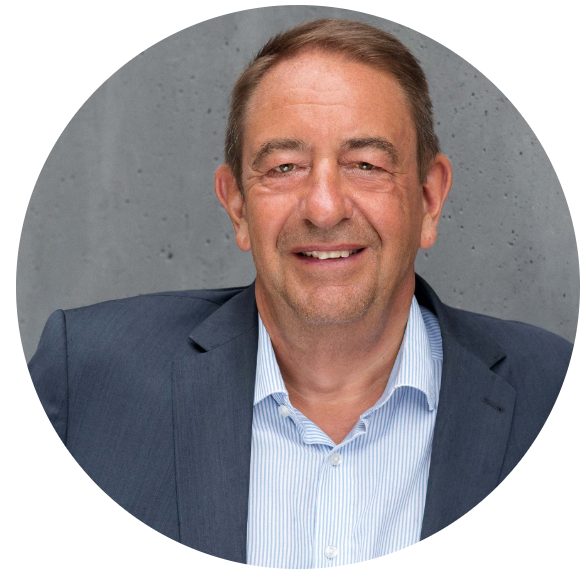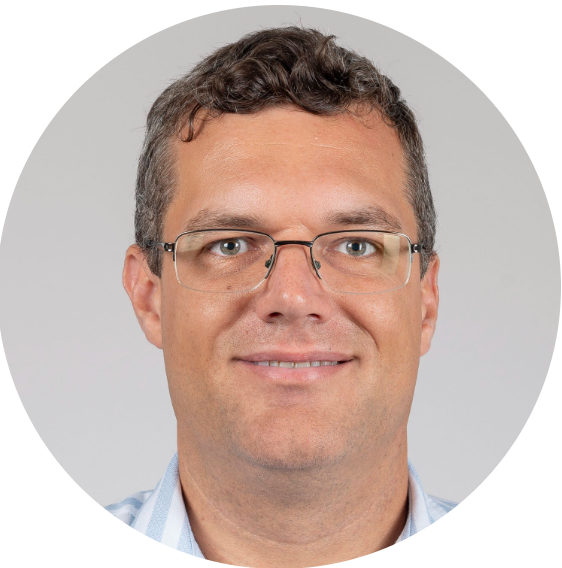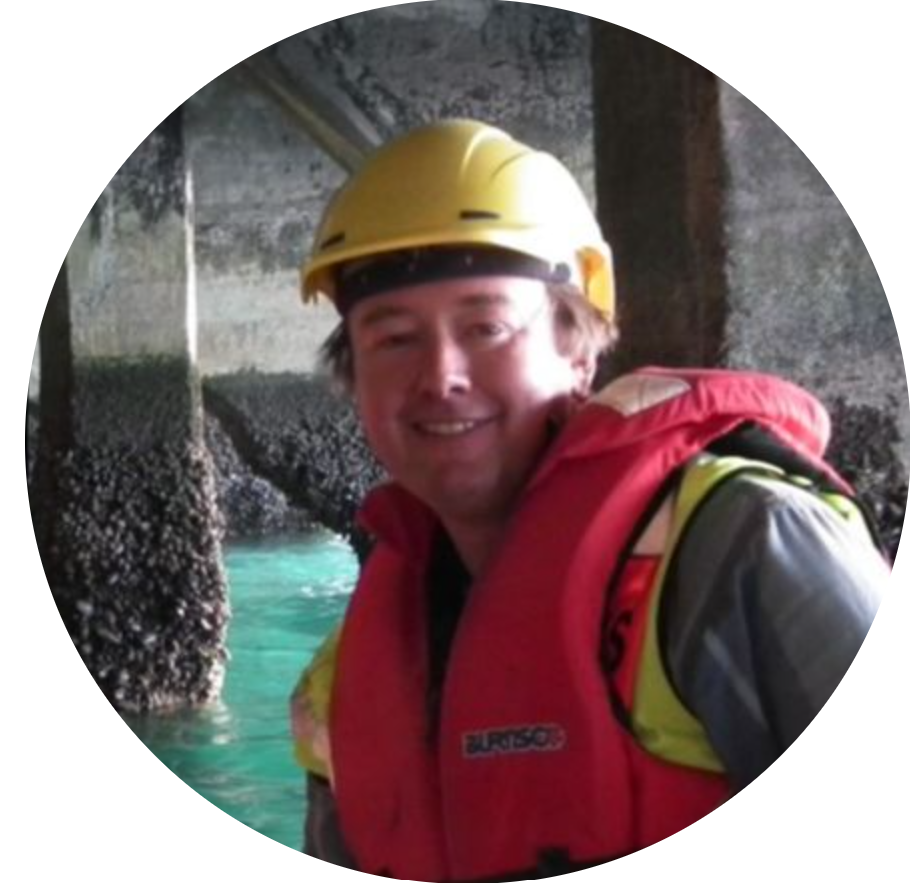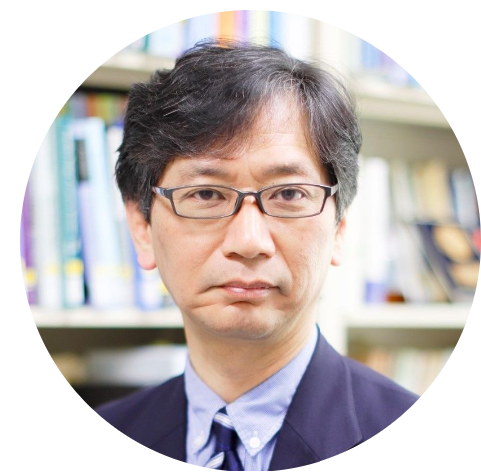Invited Speakers

Alper İlki
Specializing in Structural and Earthquake Engineering, Prof. Dr. Alper İlki has been working at Istanbul Technical University since 1993. He is the author of 90+ articles published in Web of Science-indexed journals and 200+ full-text international conference papers. He has been involved in many research and application projects on Structural and Earthquake engineering. Alper İlki, who has supervised 20 completed PhD theses and more than 80 MSc theses, has reviewed more than 400 scientific articles for 63 different scientific journals, 48 of which are indexed by Web of Science. Alper İlki, who is the Chairman of the Executive Committee of the Turkish Earthquake Foundation and a member of the Board of the Turkish Catastrophe Insurance Pool, has served for the drafting of Turkish Seismic Design Code and Regulation on Assessment of Risky Buildings. Currently, he is the editor, associate editor and subject editor for Turkish Journal of Civil Engineering, ASCE Journal of Structural Engineering, ASCE Journal of Composites for Construction and some other scientific journals. Other than delivering keynote and invited lectures in different parts of the world, he has been the chair/or co-chair of several highly reputable international conferences, including SMAR series, CICE 2020 and fib Symposium 2023.

Ravi Kanitka
Ravi Kanitkar has thirty years of experience in the design of new and the retrofit of existing structures. He focuses on developing solutions to unique problems for a variety of structures, ranging from seismic retrofit of existing buildings and bridges to the rehabilitation of infrastructure. His current interest is in the use of fiber reinforced polymers for strengthening existing structures. Ravi has a MS in Structural Engineering from Washington State University and is a licensed professional and structural engineer in several US states. Ravi is co-founder of KL Structures Group, which specializes in the repair and strengthening of existing structures. Ravi is a voting member of ACI Committees 440, 440S, 369S and the Chair of Sub-Committee 440-F.

Horst-Michael Ludwig
Michael Ludwig is Professor of Building Materials at the Bauhaus University Weimar and Director of the F.A. Finger Institute for Building Materials Science (FIB). He received his PhD from the Faculty of Civil Engineering at the Bauhaus University Weimar in 1996 and was responsible for all research (cement, concrete, plaster, mortar, insulating materials) at the building materials company Schwenk KG from 1996 to 2007. From 2007 to 2009 he was Head of Research/ Development and Innovation at Heidelberg Cement AG (now Heidelberg Materials). At the end of 2009, he was appointed professor at the Bauhaus University Weimar. At the FIB, he coordinates the work of around 110 employees in 12 working groups. His work focuses on basic cement chemistry, climate-friendly cements, recycled concretes, modern concrete technologies (fast-hardening concretes, 3D printed concretes, shotcrete), high-performance concretes (Self-Compacting Concretes, Ultra-High Performance Concretes, self-healing concretes) and concrete durability. He has published more than 300 journal articles and coordinates international and national projects. The FIB is currently involved in around 120 research projects. Michael Ludwig is the organiser of the ibausil, the largest European building materials conference, which takes place every three years in Weimar. He heads the committees for the approval of cements, concretes, concrete admixtures, concrete additives and fibres at the German Institute for Building Technology (DIBT).

John Provis
John Provis is the Group Leader for Cements at the Paul Scherrer Institute PSI, Switzerland. He holds a PhD in Chemical Engineering from the University of Melbourne, Australia, and was from 2012-2023 the Professor of Cement Materials Science and Engineering at the University of Sheffield, UK. His main research interests are in the chemistry and materials science of all types of cements, particularly less-conventional cements, for applications in sustainable construction and in the storage and disposal of nuclear wastes. He is particularly active in standardisation, beamline-based analysis of cements, and testing and modelling of processes related to cement durability. He has held senior editorial roles for journals including Cement and Concrete Research and Materials and Structures, has published approximately 300 journal articles, received research funding from various agencies including an ERC Starting Grant, and is a Fellow of RILEM, IoM3, the Institute of Concrete Technology, and the American Ceramic Society.

Allan Scott
Allan Scott is a Professor of Civil Engineering in at the University of Canterbury. His primary research interests include: the development of sustainable low carbon construction materials and in situ resource utilization for off-earth civil engineering construction applications (spacecrete).

Takumi Shimomura
Takumi Shimomura is a professor of Civil and Environmental Engineering at Nagaoka University of Technology, Japan. He graduated from The University of Tokyo in 1988 and received degree of Doctor of Engineering from the University of Tokyo in 1993. He stayed at Delft University of Technology, The Netherlands as a guest researcher from 1994 to 1995. His research interests cover creep and shrinkage of concrete, transport phenomena in concrete, corrosion of reinforcement in concrete and structural intervention. He was a chairman of the Concrete Committee at Japan Society of Civil Engineers (JSCE) from 2019 to 2023. Since 2023, he has been a president of Japan Prestressed Concrete Institute (JPCI). In fib, he is a national delegate from JPCI, a technical secretary of TG3.4 for structural intervention and a member of TG4.0, TG4.5, and TG10.1.
